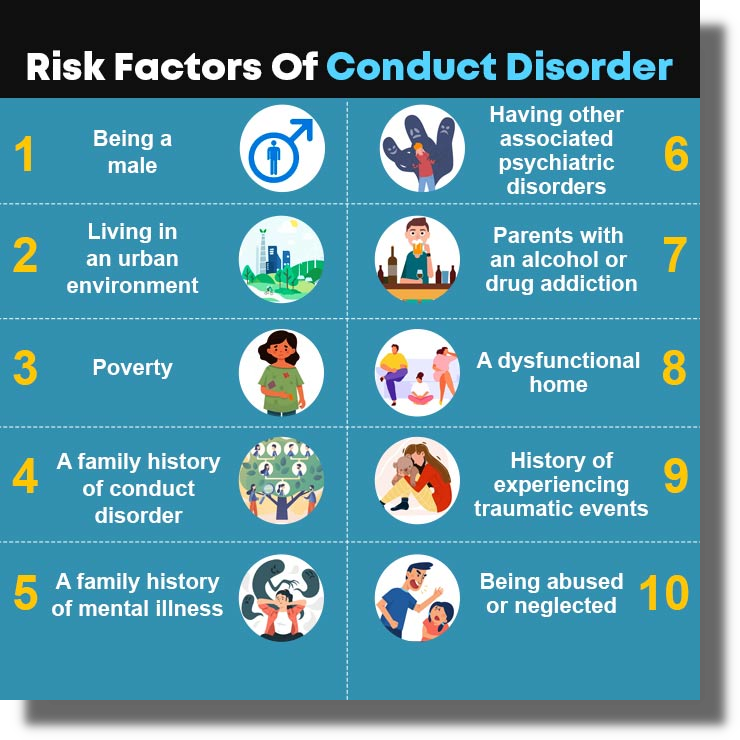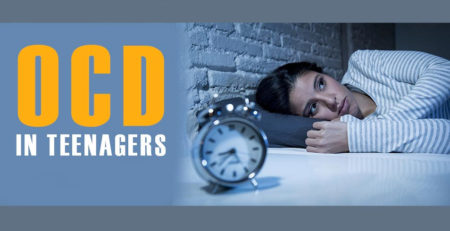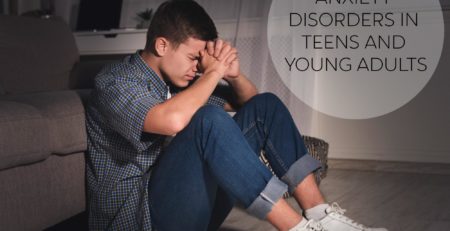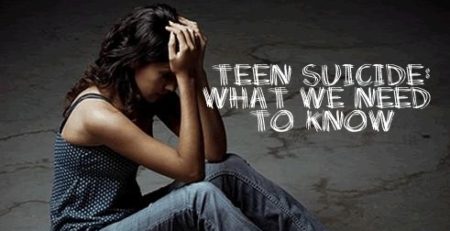Child Conduct Disorders
Conduct disorder is a severe condition that refers to a group of behavioral and emotional problems in which an individual disregards social norms and the rights of others. They may demonstrate hostile behavior, such as verbally or physically aggressive outbursts, bullying, theft, vandalism, and arson. Younger children may show early signs of aggression, including pushing, hitting, or biting. This behavior can occur across all racial, cultural, and economic backgrounds, and it often goes hand-in-hand with additional mental health issues. Fortunately, various strategies and treatments are available to help address problem behaviors stemming from conduct disorder and ensure individuals receive the help they need to lead healthier lives.
Common Signs and Symptoms Parents should look for
- Child conduct disorder (CCD) is a behavioral and emotional disorder that affects children and adolescents.
- A persistent pattern of disruptive and aggressive behavior characterizes CCD.
- Common symptoms of CCD include fighting, lying, stealing, truancy, and vandalism.
- CCD can hurt a child’s academic performance, social skills, and mental health.
- CCD is believed to be caused by genetic and environmental factors.
- There is no single effective treatment for CCD, but various interventions help manage the disorder.
- Medication may be prescribed to help control aggressive or impulsive behavior.
- Psychotherapy can help children cope with their emotions and develop positive social skills.
- Parent training programs can teach parents how to manage their child’s behavior effectively.
- Early intervention is essential for children with CCD, as the disorder can lead to severe problems later in life if left untreated.
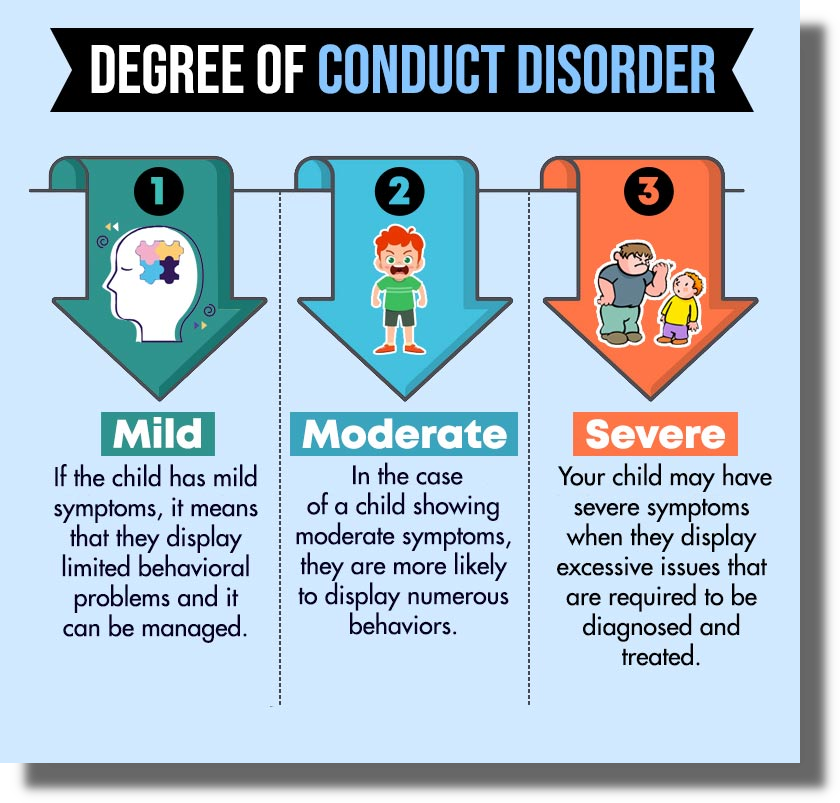
What Can Lead to Conduct Disorder in Children
Many factors seem to contribute to this disorder. Research has found that children and teens with conduct disorder appear to have an impairment in the brain’s frontal lobe. This interferes with their ability to plan, avoid harm, and learn from negative experiences
In addition, these factors seem to put children and teens at a higher risk of developing conduct disorder:
- Experiences with neglect, parental rejection, or some abuse.
- Diagnosis with psychiatric disorders.
- Biological parents diagnosed with schizophrenia, depression, alcohol use disorder, ADHD, and bipolar depression.
- Poor Diet
- Living in Poverty
- Maternal Psychopathology
- Lack of Parental Involvement or Bad Parenting.
- Exposure to Violence.
- Has been subjected to sexual, emotional, or physical abuse.
Conduct disorder is a mental health condition that can affect children and teens. Those affected often exhibit behaviors such as aggression, destruction of property, deceitfulness, stealing, and rules violations. To diagnose the condition in children and teens, mental health professionals use an array of evidence, including a clinical interview with both the child and their caregiver(s), a review of historical data like school records or court/child welfare records, as well as observations of the child’s behavior and psychological testing.
Treatment plans for conduct disorder vary depending on the severity of symptoms present but often involve a mix of supportive interventions like psychotherapy, behavioral therapy, and family counseling; medication may also be part of treatment when needed. With the help of a proper diagnosis and treatment plan tailored to each individual’s needs, children suffering from this condition can move towards meeting positive developmental goals.
Conduct disorder can be challenging to overcome. But it is manageable. The earlier the treatment is started after symptoms appear, the more successful it is likely to be. As with many psychiatric disorders, early intervention is critical.
Call to schedule your appointment today at 816.819.5166 or Schedule Online.
